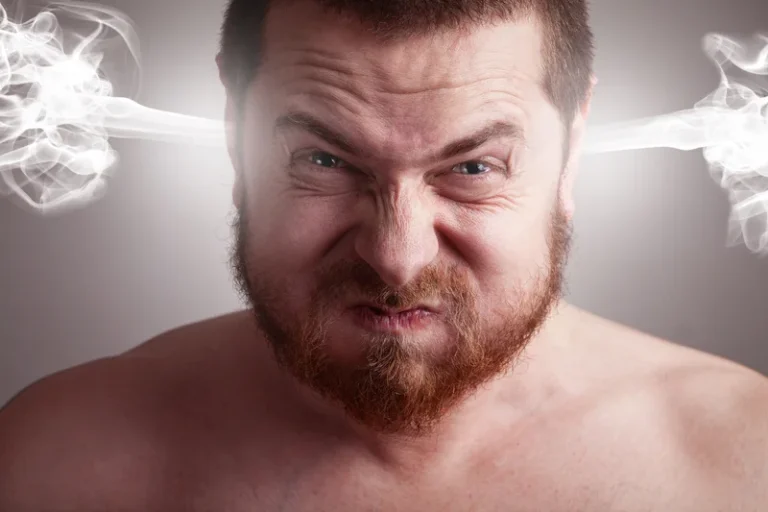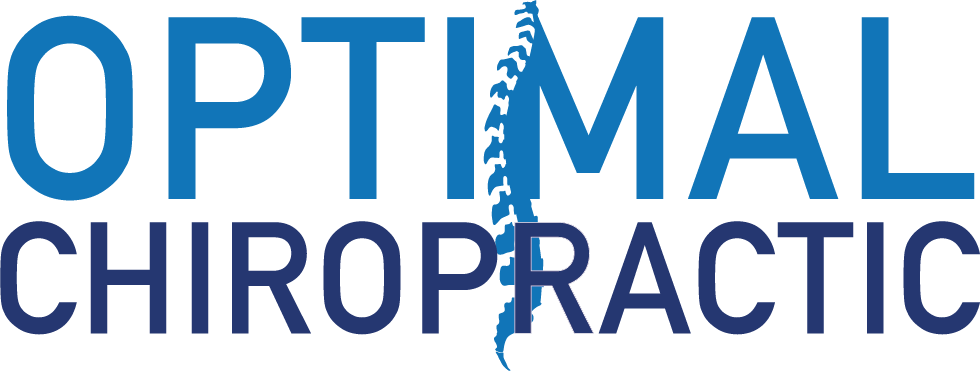
If a person uses as much of the drug as they did before quitting, they can easily overdose because their bodies are no longer adapted to their previous level of drug exposure. An overdose happens when the person uses enough of a drug to produce uncomfortable feelings, life-threatening symptoms, or death. That is because the brain is plastic and changes in response to experience—the capacity that underlies all learning.
Press Play for Advice On Overcoming Addiction

But psychological addiction, temptation, and craving can last for years, even a lifetime. The truth is, most people will relapse on their way to full recovery from prescription drug addiction. Drug addiction, also called substance use https://ecosoberhouse.com/ disorder, is a disease that affects a person’s brain and behavior and leads to an inability to control the use of a legal or illegal drug or medicine. Substances such as alcohol, marijuana and nicotine also are considered drugs.
Medicine as part of treatment
- “Nobody recovered from addiction dead. My feeling is if we can keep people alive long enough, we know eventually the majority get recovery,” he said.
- Making the situation worse, opioid addiction itself causes lasting changes in the parts of the brain that deal with stress.
- While no single treatment method is right for everyone, recovery is possible, and help is available for patients with SUDs.
- Talk to a doctor about the options that are available to and appropriate for you.
- • Connection—being in touch with others who believe in and support recovery, and actively seeking help from others who have experienced similar difficulties.
Shame is an especially powerful negative feeling that can both invite addiction in the first place and result from it. Either way, it often keeps people trapped in addictive behaviors. It gets in the way of recovery, self-acceptance, and accessing help when needed. Cravings are the intense desire for alcohol or drugs given formidable force by neural circuitry honed over time into single-minded pursuit of the outsize neurochemical reward such substances deliver. Cravings vary in duration and intensity, and they are typically triggered by people, places, paraphernalia, and passing thoughts in some way related to previous drug use. But cravings don’t last forever, and they tend to lessen in intensity over time.
Blue Cross and Blue Shield of Illinois Coverage for Co-Occurring Disorder Treatment
- The decision to change is one of the most important steps in overcoming an addiction.
- Diagnosed with bipolar disorder in his early twenties, Alex was prescribed Adderall to manage his symptoms.
- But the patchwork of federal and state grants that Operation PAR uses to cover uninsured patients like Stephanie doesn’t always meet demand, and waiting lists for subsidized methadone treatment are not uncommon, Jackson said.
- Today, Alex has been sober for three years and manages his bipolar disorder successfully.
- Additionally, medications are used to help people detoxify from drugs, although detoxification is not the same as treatment and is not sufficient to help a person recover.
- You might also want to let those friends who drink, use drugs, or engage in addictive behaviors know that you are planning to change.
To use your Blue Cross Blue Shield coverage, start with a visit to your doctor. Your doctor will ask questions and create a recommended treatment plan based on your responses, drug addiction recovery and this will be important in getting rehab covered by Blue Cross and Blue Shield of Illinois. For those still struggling with addiction, know that help is available.

So you’ve watched ‘Dopesick’. Here’s what you can do to help ease the opioid crisis

Detoxification alone without subsequent treatment generally leads to resumption of drug use. Taking controlled substance prescriptions like opioids or benzodiazepines the wrong way can kill. The report also identifies the resilience that people in recovery develop as they reported few impacts on their behavioral health during the COVID-19 pandemic. When you use your Blue Cross and Blue Shield of Illinois coverage for rehab, your plan might pay at least some of the cost of care you need, whether that’s residential treatment or outpatient rehab.
Treat Co-Occurring Mental Health Conditions
It typically takes eight years or longer to achieve long-term remission even with high quality treatment and medical care. “Things that I thought I would never gain again, through the process of recovery I have them all,” she said. “Today I’m a homeowner, I own a car, I started my own business.”
- SAMHSA’s working definition of recovery defines recovery as a process of change through which individuals improve their health and wellness, live self-directed lives, and strive to reach their full potential.
- However, recovery can be thought of in 4 primary phases that include withdrawal, early, middle, and late phases of recovery.
- For three years, Jake’s life revolved around scoring and using meth, punctuated by periods of paranoia, hallucinations, and crushing depression.
- Recovery involves rebuilding a life— returning to wellness and becoming a functioning member of society.
- In addition, addictions can sometimes mask underlying mental health problems, such as anxiety, depression, sleep disorders, and even psychosis.
Psychological therapies, as well as medications, can provide long-term relief for these problems, which addictions tend to worsen over time. The first thing to do when you realize you have relapsed is to understand what happened. Understanding why you relapsed is often one of the most important parts of truly overcoming a substance use disorder.

However, it can also take time and effort for trust to be re-established if you have hurt friends or family while you were actively involved in your addiction. Strengthening positive relationships with the supportive people in your life can play an important part in your recovery and continued abstinence. Recovery stories are important because people need choices that work for them, he urges.


Recent Comments